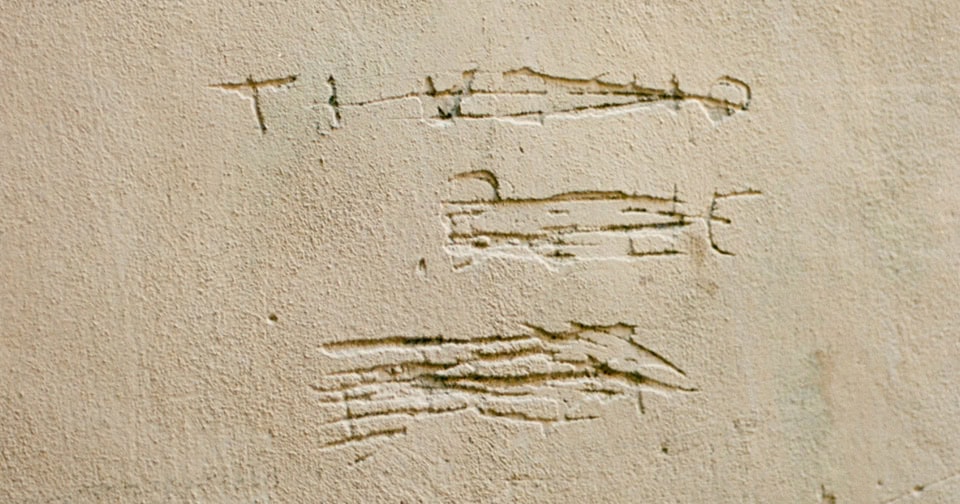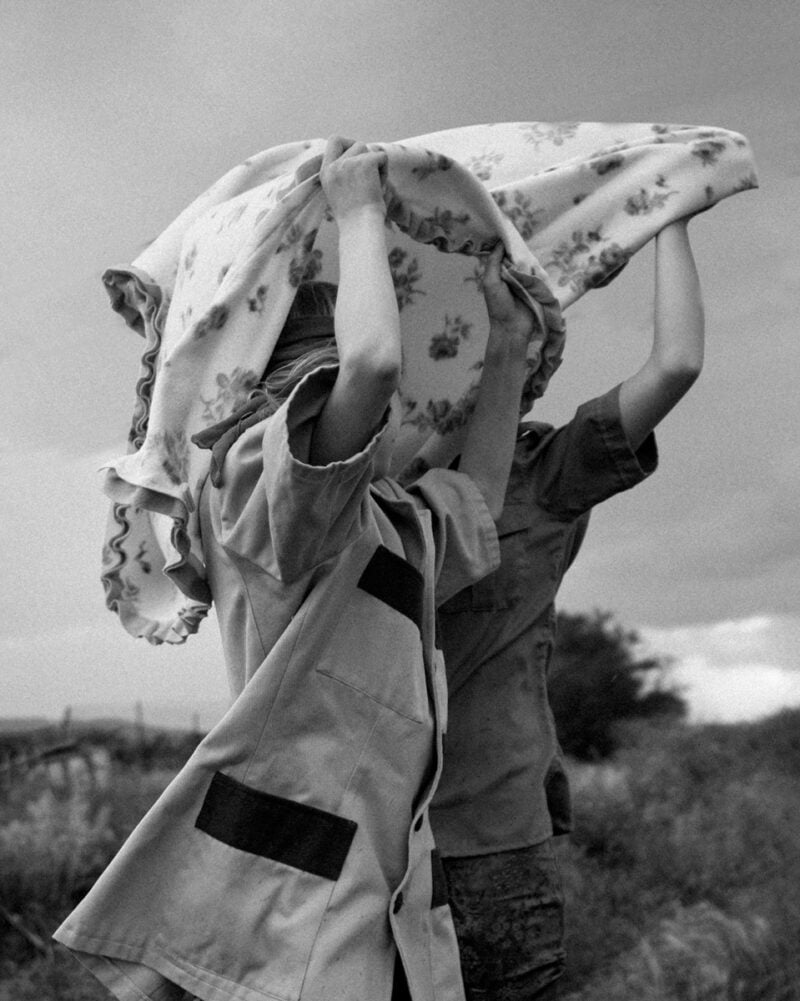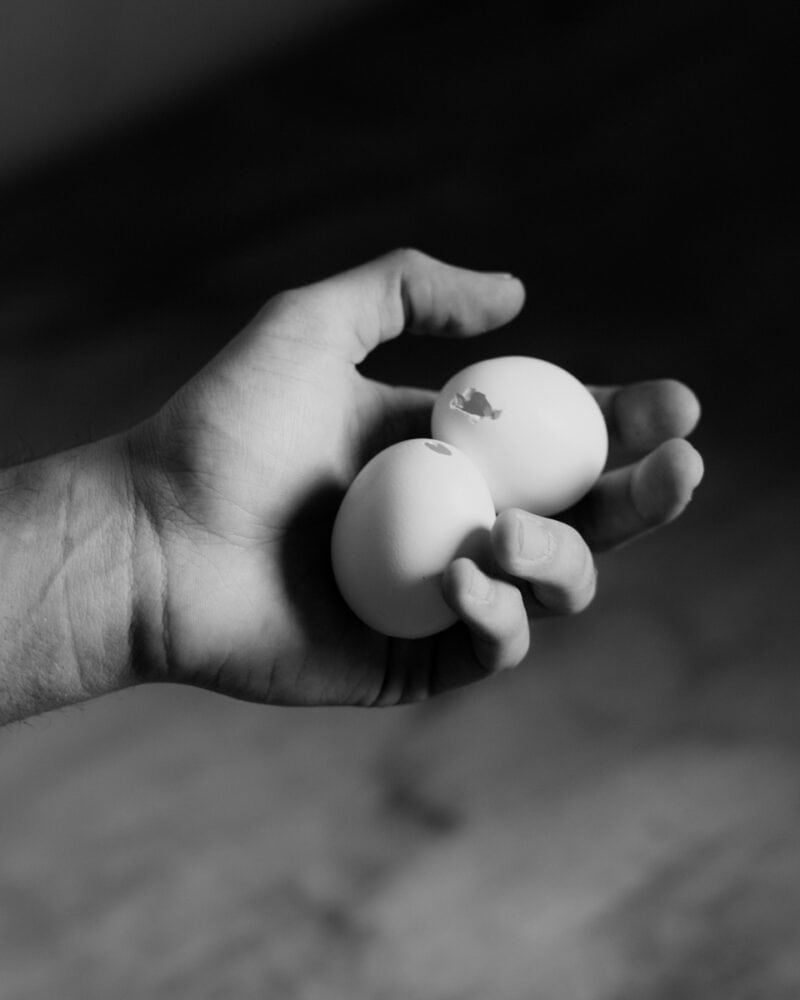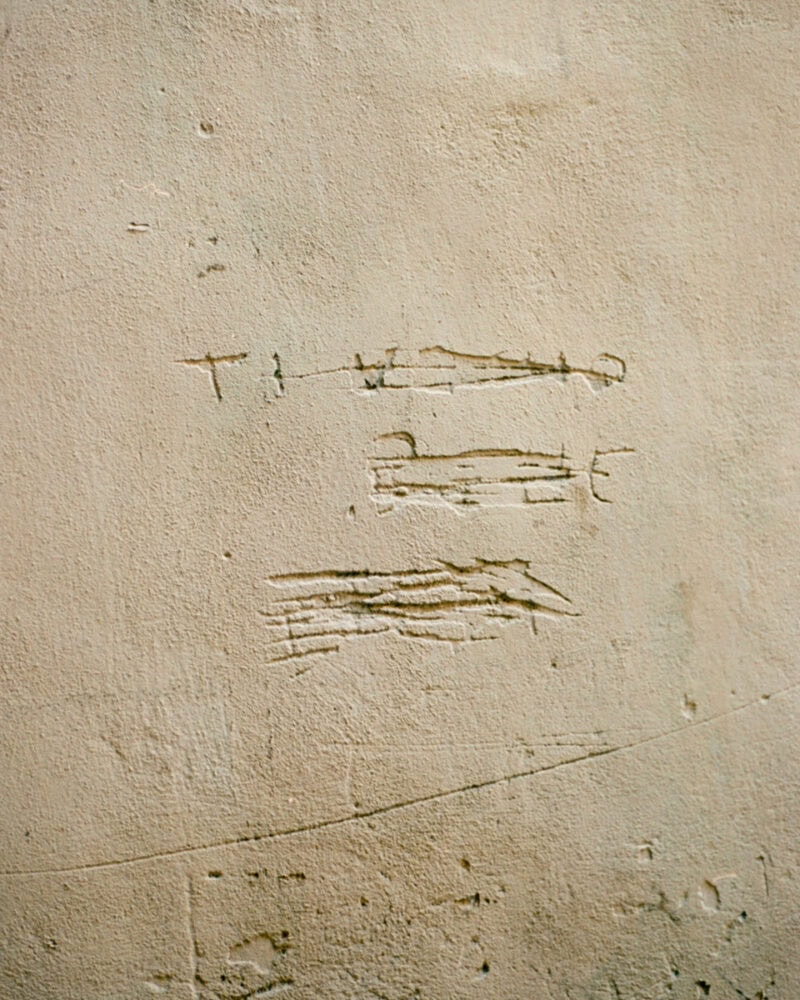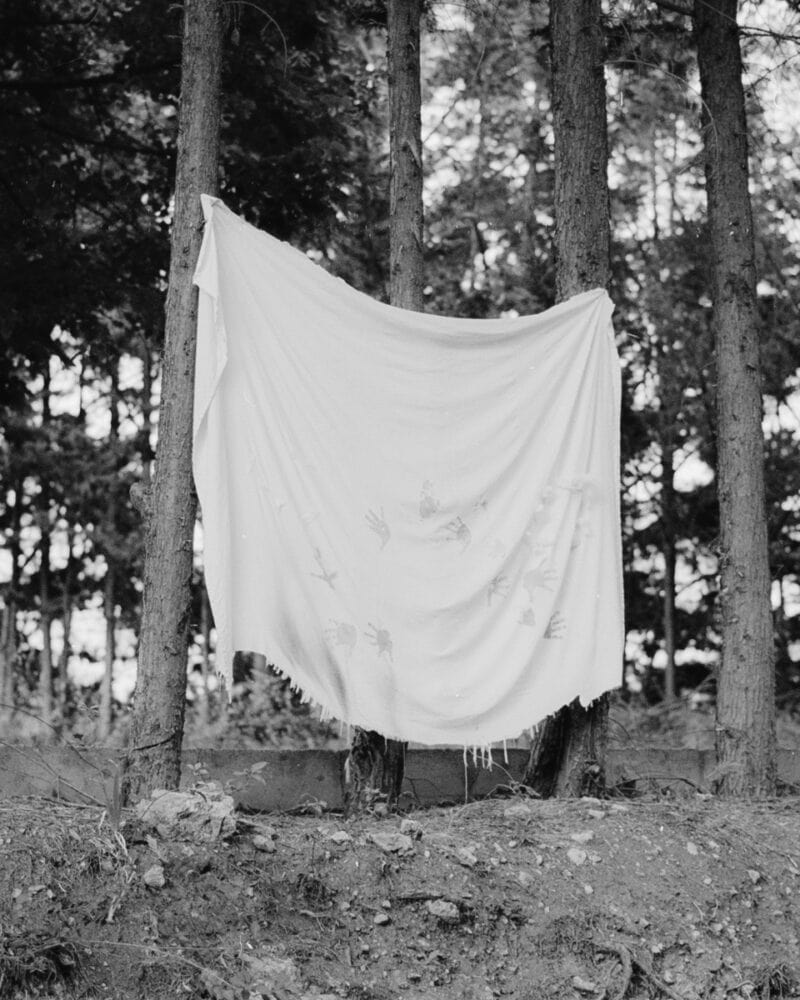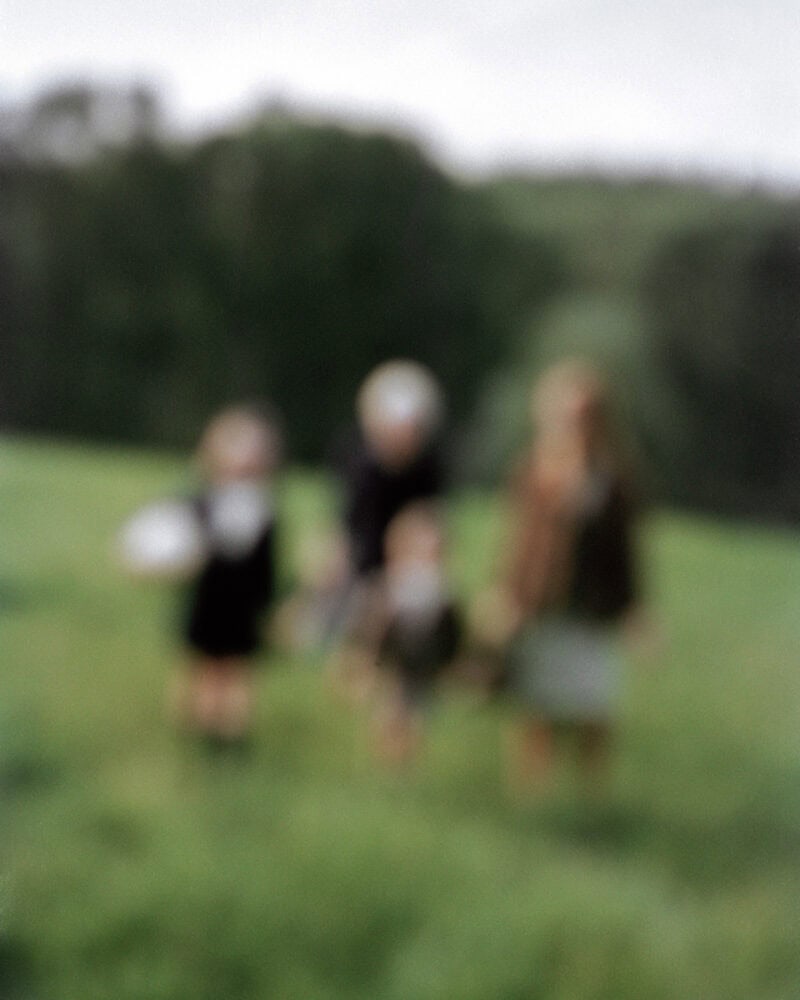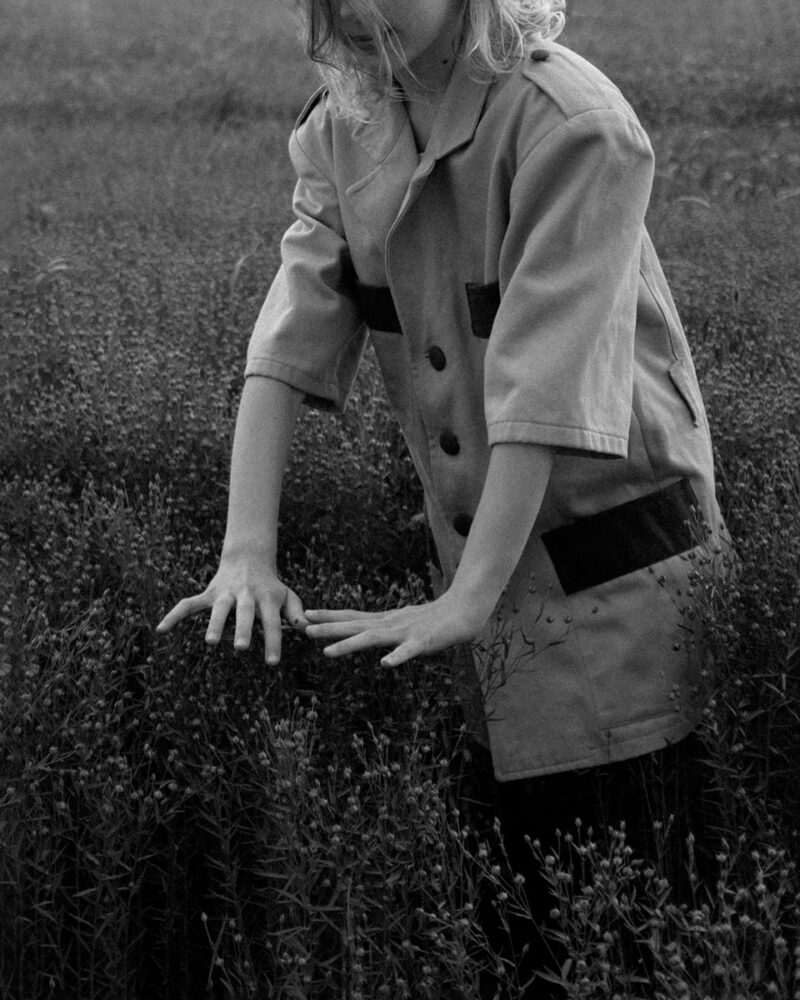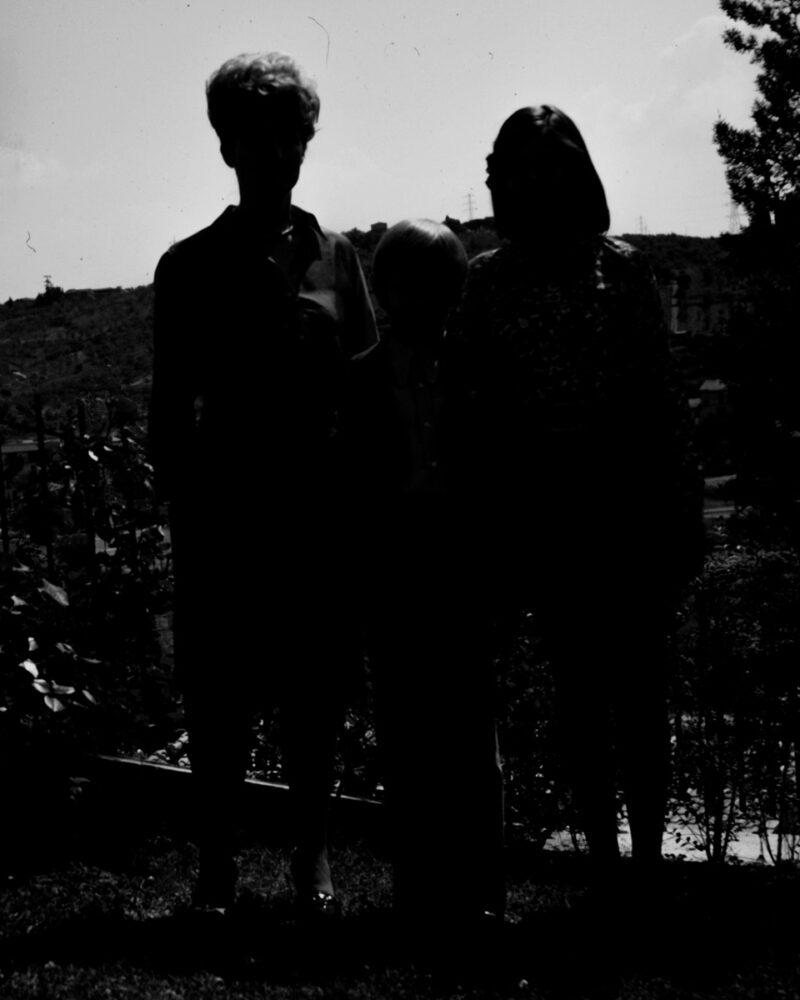Riccardo Svelto was born in 1989 in Florence and is an Italian-based photographer.
His work is mainly focused on the relationship between empathy and social dynamics, trying to understand the emotional interaction and mind shapes we all have faced the different ages of life and circumstances. In this way, he must first of all be concerned with satisfying and investigate his personal belief or ideas.
Over the years his intentions and aspirations have gradually clarified and matured; supported by his deep curiosity, which he acquired and developed through his university years, three years of studies, and five years of teaching photography.
“La Cattedrale” will he’s first book, this work is the winning project of the publication opportunity offered by FOLIO – PHMuseum’s and Witty Books first online Photobook Masterclass and will be fully funded and published by Witty Books in September.
About La Cattedrale – words by Riccardo Svelto:
«It’s impressive how often memories appear to us in visual form, similar to snapshots in the psyche that even time can’t erase. After all, sight is not only the product of the activity of our eyes, it is also and above all the gaze of our mind through memory. This visual nature of the past that gives shape to our memories, does not fit, in appearance, with blindness, yet, I wanted to probe precisely this aspect of the issue, trying to tell through the images, the fear of losing sight. But how can the loss of sight be told visually? Hence, starting from this contradiction only apparently irresolvable, the search for a visual narration of blindness can only be remembered, although the sight ceases, what remains is the entirety of the experiences that time offers us to the extent that we exist and existence is nothing more than a continuous encounter between us, the world and what goes beyond us.»
I’m working on this project since I found a medical file in a drawer from 12-05-99 with angiographies of my grandfather’s eye. That folder declared the loss sight in the right eye due to a thrombosis. Although not blind, the loss of stereoscopic vision changed many aspects of his life, among them, he stopped taking pictures. I grew up flipping through his family albums and as a photographer the thought of being able to lose my sight initially shook me. Since that, I began a research path to deepen this theme.
